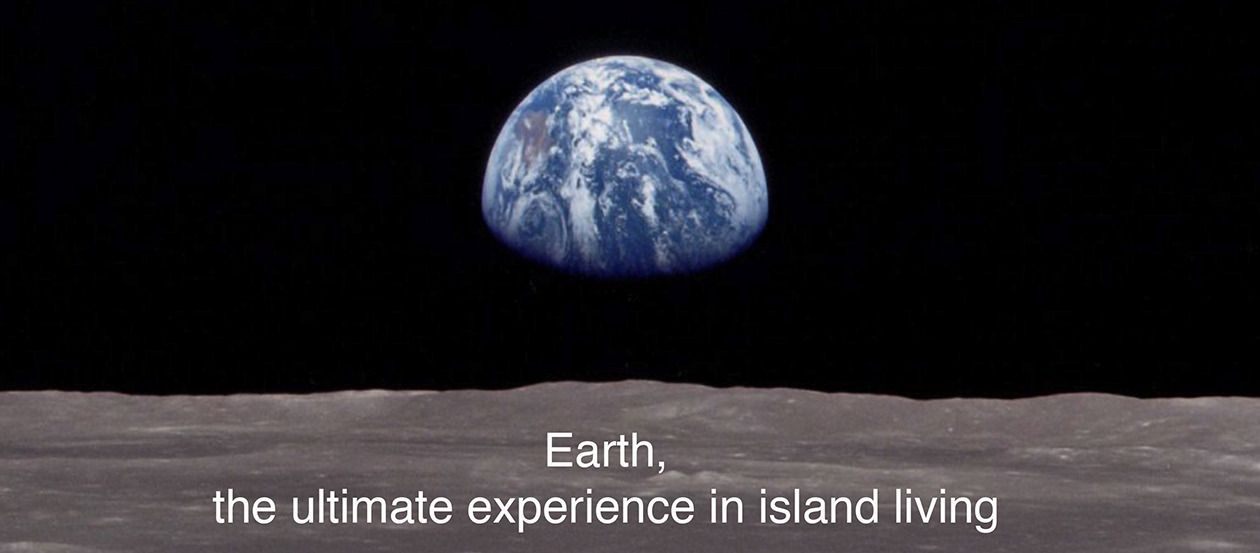The disbanding of the Climate Council1 was an easy story to miss in the last couple of weeks of statutes, protests, Harvey and floods. Even today’s news of the US State Department’s proposed reorganization2, which functionally demotes the discussions on Climate Change as well as the Arctic Region, was barely mentioned as the media brought us images of the rescues of the now internally displaced persons from Houston and surrounding regions.
The eye sees only what the mind is prepared to comprehend
Henri Bergson
How we view Hurricane Harvey3 and how we view the news that for the first time a LNG tanker crossed the northern sea route from Europe to Asia without the assistance of an icebreaker4 is a reflection of how we think. Given the geographical separation, it would be easy to see these as isolated events. Given their historic context and nature (unprecedented flooding versus a successful voyage through the northwest passage) it would be reasonable to disconnect the two events.
Yet there is a way to connect both events. Climate change, in the context of global warming, has been central to the reduction of both the surface area and the thickness of polar ice5, thus making a northwest passage possible. That same warming of the oceans is what has brought the Gulf of Mexico to record high temperatures6 facilitating the strength of hurricanes. High air temperature also allows for greater water content in the atmosphere, which can trigger larger rain events. Add to this a heat wave in the west and a high-pressure area to the east and the hurricane gets trapped7,8 where it is.
Is Hurricane Harvey a once in a lifetime event? I doubt it. It may be a once-in-a-lifetime experience for Houston, but not for the Gulf or the U.S.
What does any of this have to do with disbanding the Climate Council? You cannot use information you do not have. And you cannot evaluate the relative importance of the answer to a question that was not asked.
We are in a time of increasingly rapid climate change. The past is losing its validity as a model for predicting the future. As the projections on rainfall for the Houston region were being made, many people found the numbers hard to believe. They did not comply with past personal experience or recorded memory. But the truth of the projections continues to play out.
I can appreciate the wish that climate change will not happen. But I also accept the reality that it is. Welcomed or not, we need climate councils. We need people in the room when decisions are being made who are willing to ask the uncomfortable questions, and are knowledgeable about the dynamic projections of our coming climate and its implications. We need people who can help us prepare for the next Harvey while also offering insights on how to reduce the number, frequency, and scale of the future sons and daughters of Harvey.
At its core a climate council is really about vulnerability assessment and risk management. They are trying to save lives and minimize future property, infrastructure, and economic loss.
Disbanding the climate council does not make climate change in all its various forms go away. It just makes us more unprepared. And that is a risk we should not accept.
Tim
29 August 2017
2 https://www.documentcloud.org/documents/3982871-State-Letter.html – document/p1
3 https://www.nytimes.com/2017/08/28/us/hurricane-harvey-texas.html?mcubz=0
4 http://www.bbc.com/news/science-environment-41037071
5 https://www.youtube.com/watch?v=9NP0L1PG9ag
6 https://www.ncdc.noaa.gov/sotc/global/201613
8 http://abcnews.go.com/US/harvey-stay-texas-multiple-days/story?id=49417744
